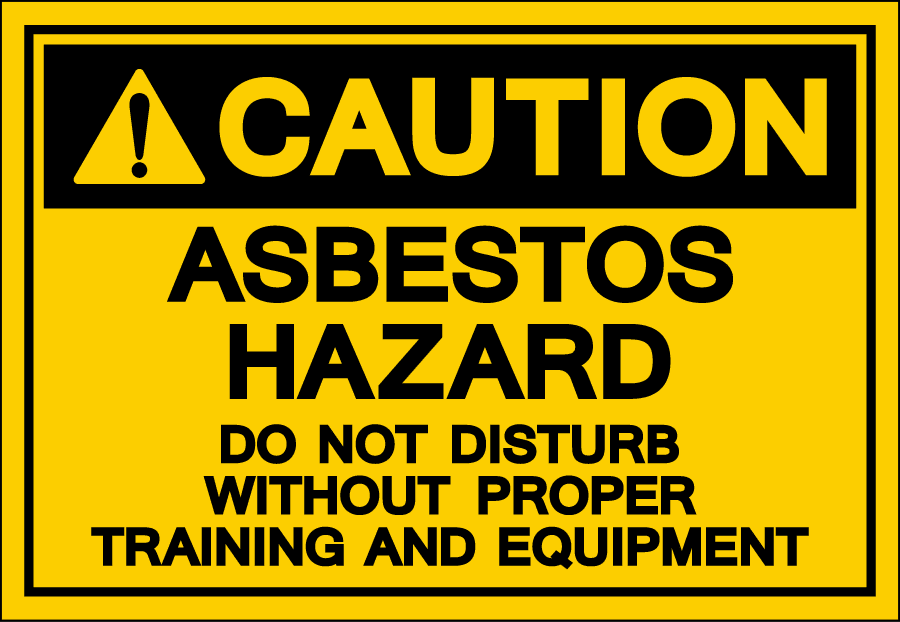Introduction
Asbestos is a material classified by The World Health Organisation (WHO) as a Group 1 carcinogenic agent. As such, the existence of asbestos onboard a ship constitutes a serious hazard to ship crews, shipboard equipment installers, repairers and other visitors. This Risk Bulletin is aimed at raising awareness of the SOLAS amendments that now prohibit asbestos onboard all ships built after 1 July 2002 and control its use on ships built before this date.
Background
Asbestos is a naturally occurring silicate mineral which is fibrous when broken down. Its processed use is primarily as a low cost, fire-resistant and effective insulation material which has been utilised both ashore and in shipbuilding for many years. However, the serious risks to human health due to lung disease (asbestosis) caused by asbestos fibre inhalation have been well documented for several decades.
The WHO estimate that over 100,000 asbestos fibre related deaths occur each year. The resulting injury and death insurance claims now total well over USD 100 billion globally and continue to be presented. Despite this, it is reported there are still over 100 countries in the world (including the US and China) that have failed to fully recognise this risk and continue to manufacture and export products containing asbestos. Many of these products are still being used to build and repair ships.
SOLAS Restriction and Prohibition of Asbestos
The IMO have recognised the danger of asbestos to ship crews and shipboard visitors through amendments made to SOLAS. Shipboard compliance is mandatory, regardless of national law relating to non-marine asbestos use ashore. An outline of the relevant SOLAS regulations and their application is provided below.
The Dec 2000 amendments to SOLAS Reg. II-1/3-5, in force since 1 July 2002, are as follows:
Category 1 – Ships built before 1 July 2002
Ships built before 1 July 2002 may contain asbestos, but it must be managed properly. Guidance is contained in MSC.1/Circ. 1374. An extract appears below:
“Ships built before 1 July 2002 are allowed to have Asbestos Containing Materials (ACMs) on board. However, the ACMs are only allowed as long as they do not pose a risk to the crew’s health. The crew should be aware of the dangers of asbestos and should know how to deal with asbestos in case disturbance of the ACMs cannot be avoided.”
NOTE: The ACM awareness and disturbance handling issues should be complied with by creating a Hazardous Materials’ Register and Management Plan (HMR) identifying the location of any asbestos and detailing the procedures for related maintenance or repair work. The HMR should be incorporated into the vessel’s ISM Code Safe Management System (SMS). Guidance on this process is contained in MSC/Circ. 1045 .
Category 2 – Ships built between 1 July 2002 and 1 January 2011.
Ships built during this period are prohibited from the new installation of materials which contain asbestos except for:
- Vanes used in rotary vane compressors and rotary vane vacuum pumps;
- Watertight joints and linings used for the circulation of fluids when, at high temperature (in excess of 350ºC) or pressure (in excess of 7 x 106 Pa), there is a risk of fire, corrosion or toxicity; and
- Supple and flexible thermal insulation assemblies used for temperatures above 1000ºC.
NOTE: This restricted use exception has now been effectively negated by the 2009 amendments referred to below. As such, any new (post 1 Jan 2011) installations (including replacement or repair) of the asbestos containing equipment referred to above are no longer permitted. Guidance is contained in MSC.1/Circ. 1426.
The Dec 2000 amendments to SOLAS were further amended by the 2009 amendments which came into force in 2011.
Category 3 – For ships built after 1 January 2011
The 2009 Amendments to SOLAS, in force 1 Jan 2011, prohibit all new installation of asbestos onboard all ships and without exception.
NOTE: MM’s use of the terms Category 1, 2 and 3 is to assist reader understanding only and do not form a part of SOLAS rules or guidance.
Summary of SOLAS Asbestos Compliance Certification
For Category 1 vessels (built before 1 July 2002), which are still permitted to have asbestos onboard, it is essential that a comprehensive HMR be completed and ready for inspection by PSC and other authorities. From 1 Jan 2011, no new installation of materials or equipment containing asbestos is permitted.
For Category 2 vessels (built after 1 July 2002) or Category 3 (built after 1 Jan 2011), no asbestos of any kind is permitted to be on board. But how are the shipowner and master expected to provide evidence of compliance?
MSC.1/Circ. 1374 does not mandate a precise requirement for compliance certification for Category 2 or 3 vessel but it does provide that:
“It is recommended that, whenever an item or material is to be installed, it is ensured that the item or material has a statement of compliance, or similar, with the relevant SOLAS regulation. This may take the form of an “asbestos free declaration”.
It also provides that:
“Surveyors and inspectors that are charged with asbestos investigations onboard ships should be trained in recognizing asbestos and ACMs. They should also be trained in taking samples and should be instructed when to call in experts to conduct the investigation.”
Regrettably, neither the SOLAS amendments nor guidance are absolutely clear on the certification or training required. The system which has therefore evolved is that Class Societies, acting as ROs to Flag States, will commonly issue ‘Asbestos Free’ certificates to ships that are considered to be free of asbestos. Shipbuilders will often do the same. But are ROs and shipbuilders adequately trained to SOLAS requirements which are, unfortunately, not precisely stipulated?
An associated problem is, due to differing national standards, the term ‘asbestos free’ can be misleading. Examples include the USA where asbestos is permitted up to 1.0% content, the EU up to 0.1% and 0% in Australia. China has no official standard.
In the aforementioned circumstances, RO ‘Asbestos Free’ certificates, or similar certificates issued by shipbuilders, may or may not be accepted by PSC inspectors unless the issuing RO or shipbuilder is able to prove they have received adequate ACM training. As a consequence, the most reliable compliance documentation for Category 2 and 3 vessels appears to be an ‘Asbestos Free’ or ‘Asbestos Compliance Certificate’ issued by a specialist surveyor accredited to ISO 17020 (inspection competence) and ISO 17025 (testing competence) standards.
Conclusion and Takeaway
Exposure to asbestos fibres has proved to be one of the world’s most dangerous and expensive workplace hazards. Regrettably, not every country in the world is currently prepared to support the absolute prohibition of the use of asbestos. Despite this, the IMO have made concerted efforts to rid ships of asbestos and the shipboard injury and death connected with it. For these loss prevention efforts to succeed, MM members are requested to provide their pro-active support.
MM recommends to its members that they:
- Instruct their ship managers to review the content of the amended SOLAS Reg. II-1/3-5 and Guidance MSC.1/Circ. 1374 and then assess and action their applicability (dependent upon vessel build date and category) to the vessels in their own fleet.
- Check the content of their ISM Code SMS manuals and procedures for each vessel to ensure they incorporate the requisite asbestos identification and hazard management guidelines as required by SOLAS Regulations and Guidance.
- Confirm the reliability and validity of any ‘Asbestos Free/Compliance’ certificates issued by Flag State ROs, shipbuilders or others. To ensure acceptance by PSC, they should be issued by a specialist surveyor accredited to ISO 17020 (inspection competence) and ISO 17025 (testing competence) quality standards.


